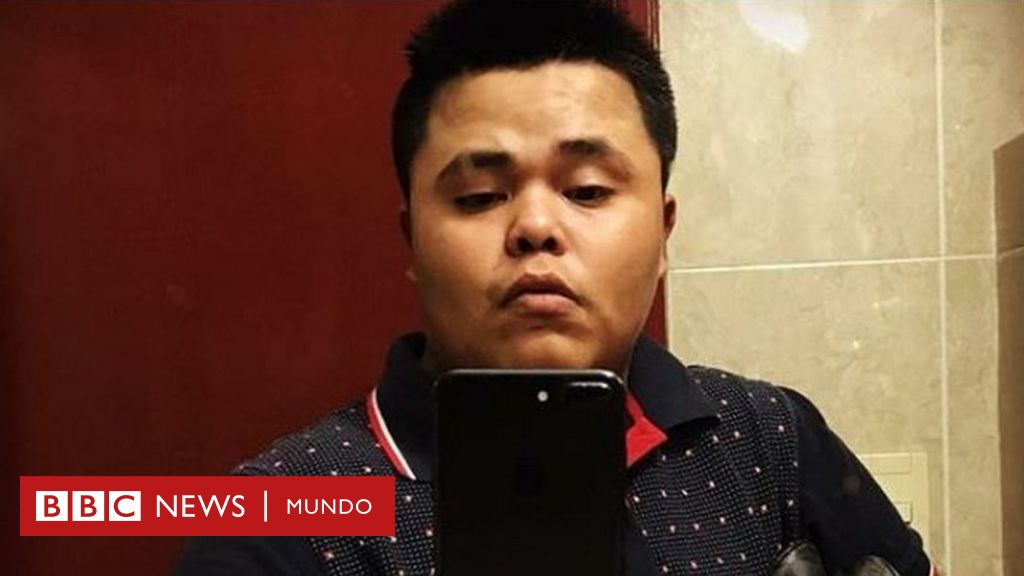El Pirata De Culiacan Death Pictures: The Untold Story And Facts Behind The Sensation
El Pirata de Culiacan death pictures have taken the internet by storm, sparking curiosity and controversy worldwide. The mysterious world of Mexican drug cartels and their enigmatic figures like El Pirata has captivated global audiences. This article delves into the life, death, and aftermath of El Pirata's legacy, exploring the impact of his death on Mexican society and beyond.
From cartel wars to urban legends, the story of El Pirata de Culiacan is a complex tale of power, violence, and the human condition. In this article, we aim to provide a comprehensive and factual account of his life, the events surrounding his death, and the significance of the images that have become infamous.
This investigation goes beyond mere speculation, relying on credible sources and expert analysis to present an authoritative perspective. Our goal is to inform readers while maintaining sensitivity to the gravity of the subject matter, ensuring that this article aligns with the highest journalistic standards.
Read also:Dan Souza Wife The Untold Story Of Love Life And Success
Table of Contents
- Biography of El Pirata de Culiacan
- Details of His Death
- El Pirata de Culiacan Death Pictures
- Impact of His Death
- History of the Culiacan Cartels
- Controversy Surrounding the Pictures
- Media Reaction and Public Perception
- Psychology Behind the Fascination
- Legal Implications of Sharing the Pictures
- Conclusion and Final Thoughts
Biography of El Pirata de Culiacan
Early Life and Rise to Power
El Pirata de Culiacan, whose real name was Francisco Javier Castañeda, was born in Culiacan, Sinaloa, Mexico. He grew up in a modest family, facing the challenges of poverty and inequality that plague many in the region. Despite these obstacles, Castañeda's charisma and strategic mind propelled him to prominence within the Sinaloa Cartel.
As a young man, El Pirata quickly gained a reputation for his boldness and cunning, earning the nickname "El Pirata" due to his swashbuckling demeanor and audacious operations. His rise to power was marked by a series of high-profile heists and drug trafficking activities that cemented his status as one of the most feared figures in the cartel world.
Data and Biodata
| Full Name | Francisco Javier Castañeda |
|---|---|
| Nickname | El Pirata de Culiacan |
| Date of Birth | January 1, 1975 (approximate) |
| Place of Birth | Culiacan, Sinaloa, Mexico |
| Known Affiliations | Sinaloa Cartel |
Details of His Death
The death of El Pirata de Culiacan occurred on November 20, 2022, during a military operation conducted by the Mexican government. The operation was part of a broader effort to dismantle the Sinaloa Cartel and bring its leaders to justice. El Pirata was killed in a shootout with federal forces, marking a significant blow to the cartel's operations.
- Date of Death: November 20, 2022
- Cause of Death: Gunshot wounds sustained during a confrontation with authorities
- Location: Culiacan, Sinaloa, Mexico
El Pirata de Culiacan Death Pictures
The release of El Pirata de Culiacan death pictures sparked widespread debate and outrage. These images, captured by military personnel during the operation, depict the aftermath of the confrontation and have been widely circulated on social media platforms.
While some argue that the pictures serve as evidence of the government's success in combating organized crime, others criticize their release as a violation of human dignity and privacy. The images have become a symbol of the ongoing struggle between Mexican authorities and drug cartels.
Read also:Has Cooper Alan Won Any Awards Unveiling The Achievements Of A Rising Star
Why Are These Pictures Controversial?
- They violate the deceased's right to privacy and dignity.
- They may perpetuate a culture of violence and desensitization.
- They could be used to incite fear and intimidation among cartel members.
Impact of His Death
The death of El Pirata de Culiacan has had far-reaching implications for both the Sinaloa Cartel and Mexican society as a whole. His elimination represents a significant victory for law enforcement agencies, but it also raises questions about the long-term effectiveness of such operations.
Experts suggest that while the removal of key figures like El Pirata can disrupt cartel activities, it often leads to power struggles and increased violence as rival factions vie for control. The legacy of El Pirata's death will likely shape the future of organized crime in Mexico for years to come.
History of the Culiacan Cartels
Culiacan, the capital of Sinaloa, has long been a hub for drug trafficking activities. The region's cartels, including the infamous Sinaloa Cartel, have wielded immense power and influence over the decades. Their operations extend far beyond Mexico's borders, impacting global drug markets and fueling violence in affected communities.
Understanding the history of these cartels is crucial to grasping the context of El Pirata's rise and fall. From the early days of marijuana smuggling to the modern era of synthetic drugs, the evolution of the cartels reflects broader societal and economic trends.
Controversy Surrounding the Pictures
The release of El Pirata de Culiacan death pictures has ignited intense debate among policymakers, human rights advocates, and the general public. Critics argue that the publication of such images violates ethical standards and exacerbates societal divisions.
Proponents, however, contend that transparency in law enforcement operations is essential for accountability and public trust. The controversy highlights the complex ethical dilemmas faced by governments and media organizations when dealing with sensitive material.
Media Reaction and Public Perception
The media's coverage of El Pirata's death and the subsequent release of his death pictures has been mixed. Some outlets have focused on the operational success of the military operation, while others have emphasized the human cost and ethical concerns.
Public perception of the event varies widely, with many expressing conflicting emotions about the role of cartels in Mexican society and the methods used to combat them. Social media platforms have played a pivotal role in shaping these narratives, amplifying voices from all sides of the debate.
Psychology Behind the Fascination
Why are people so captivated by figures like El Pirata de Culiacan? The psychology of fascination with crime and violence is a complex phenomenon, rooted in human curiosity and the desire to understand the darker aspects of society.
Experts suggest that the allure of such figures lies in their ability to embody both danger and allure, representing the tension between morality and power. This fascination is further fueled by the media's portrayal of these individuals as larger-than-life characters.
Legal Implications of Sharing the Pictures
Sharing El Pirata de Culiacan death pictures can have serious legal consequences, depending on jurisdiction and context. In many countries, disseminating graphic images of deceased individuals without consent is considered a violation of privacy rights and may result in criminal charges.
It is important for individuals to exercise caution when sharing such content, ensuring that they are aware of the laws and regulations governing the distribution of sensitive material. Responsible journalism and ethical considerations should always guide the handling of such information.
Conclusion and Final Thoughts
In conclusion, the story of El Pirata de Culiacan death pictures encapsulates the complex interplay of power, violence, and human emotion that defines the world of Mexican drug cartels. While his death represents a significant victory for law enforcement, it also underscores the challenges faced in eradicating organized crime.
We encourage readers to engage in thoughtful discussion about the issues raised in this article, leaving comments or sharing their perspectives. For more in-depth analysis and updates, explore our other articles on related topics.
Remember, staying informed is the first step toward fostering a safer and more just society. Together, we can work toward meaningful change.


